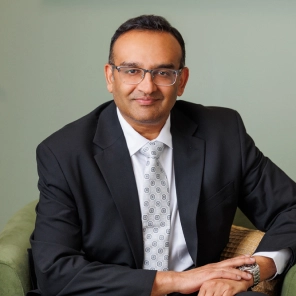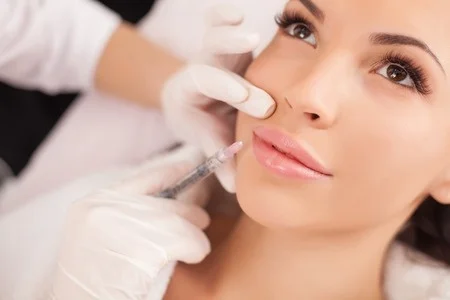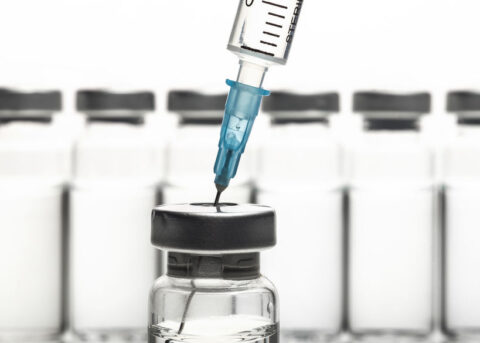Our office receives calls every day asking about the difference between Dysport and Botox. We have all of your questions answered below in this FAQ version.
What is Botox used to treat?
Botox is an injected liquid used to treat frown lines, smile lines, crows feet, nasal crunch lines, and horizontal forehead wrinkles. By relaxing the underlying muscles, these lines become less deep and soften the face.
How long does Botox last?
Botox treatments typically last 3-6 months. Patients who receive regular treatments will notice that the treatments start to last longer after the first year.
How long does Botox take to work?
Botox treatments tend to be noticed within 72 hours after the injection. The full effect of the treatment is determined after 7 days.
What is Dysport used to treat?
Dysport is an injectable liquid that has been used in Europe for years to treat moderate to severe frown lines. It has been approved by the FDA in the US for this use. Dysport injections leave a more natural relaxed face than Botox.
How long does Dysport last?
A Dysport treatment typically lasts 4 months.
How long does Dysport take to work?
Patients notice full results within 2-3 days after the first treatment. This is quicker than the alternative injectable.
What is the difference between Botox and Dysport?
Botox has been used in the US for over 20 years on thousands of patients. Botox can smooth out wrinkles in the face and create a softer look. Dysport results can be seen much quicker than Botox and can sometimes last longer than Botox, depending on the severity of the frown lines. Dysport is also less expensive than Botox.
Still not sure which is the right treatment for you? Give us a call and schedule your complimentary consultation today.


